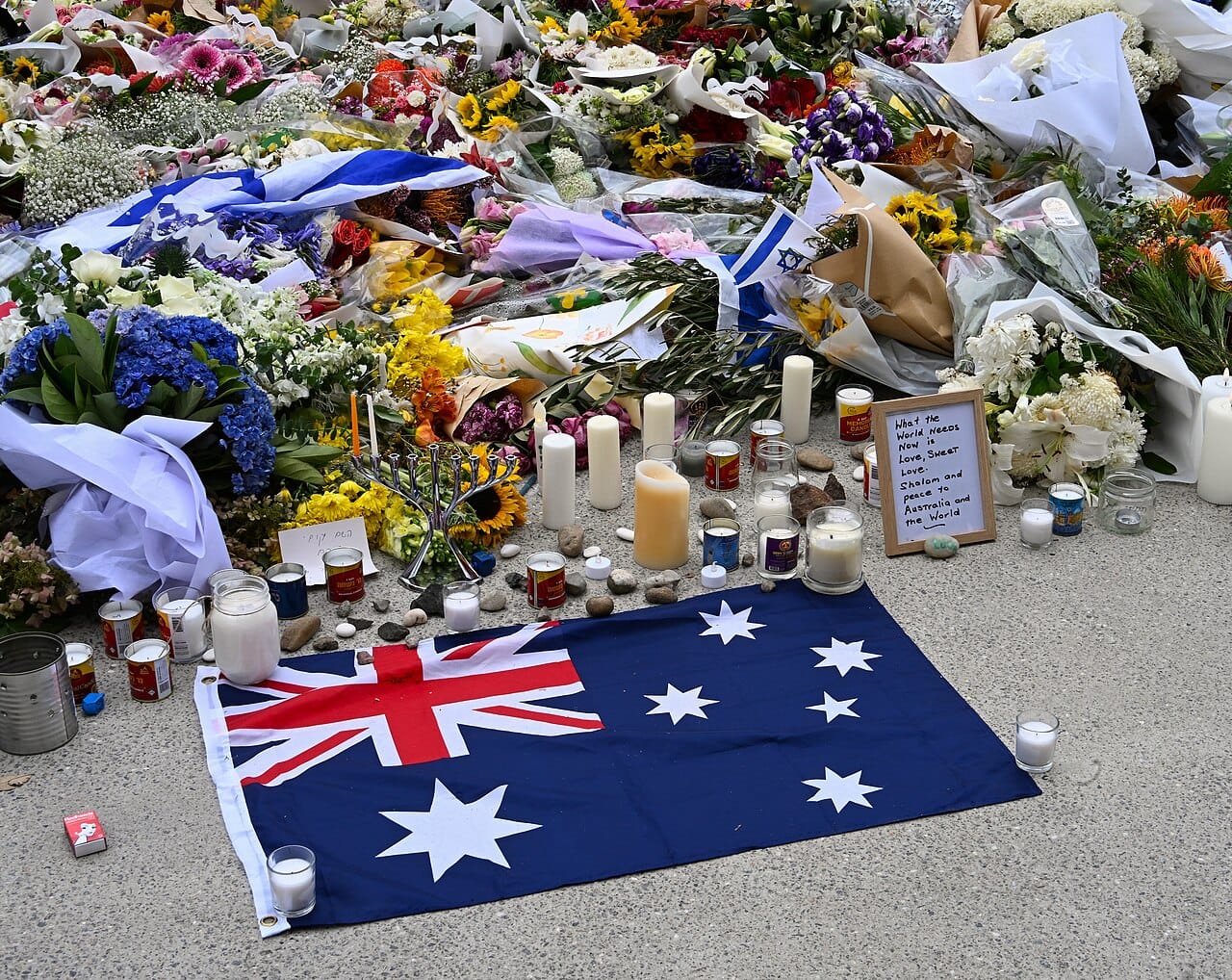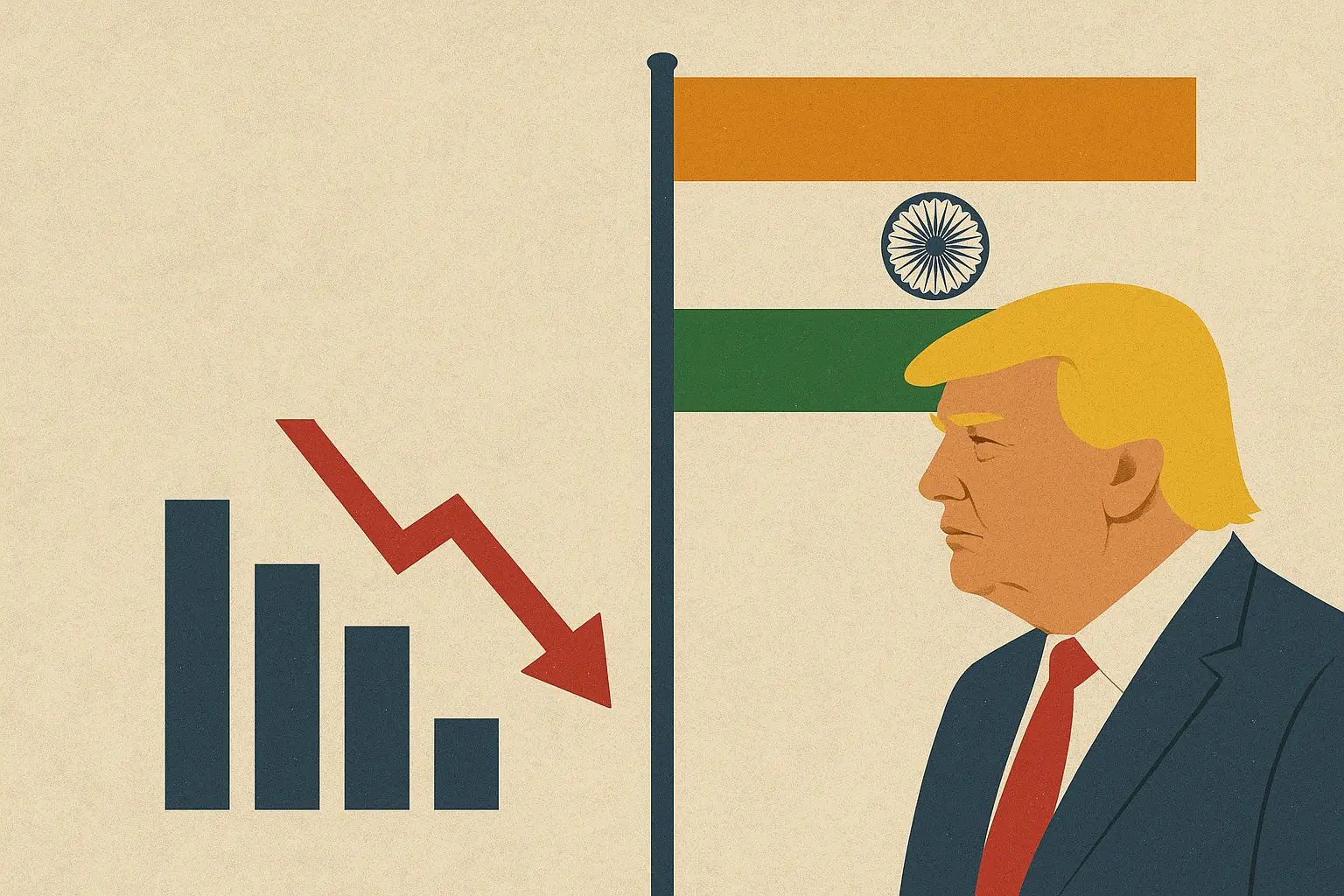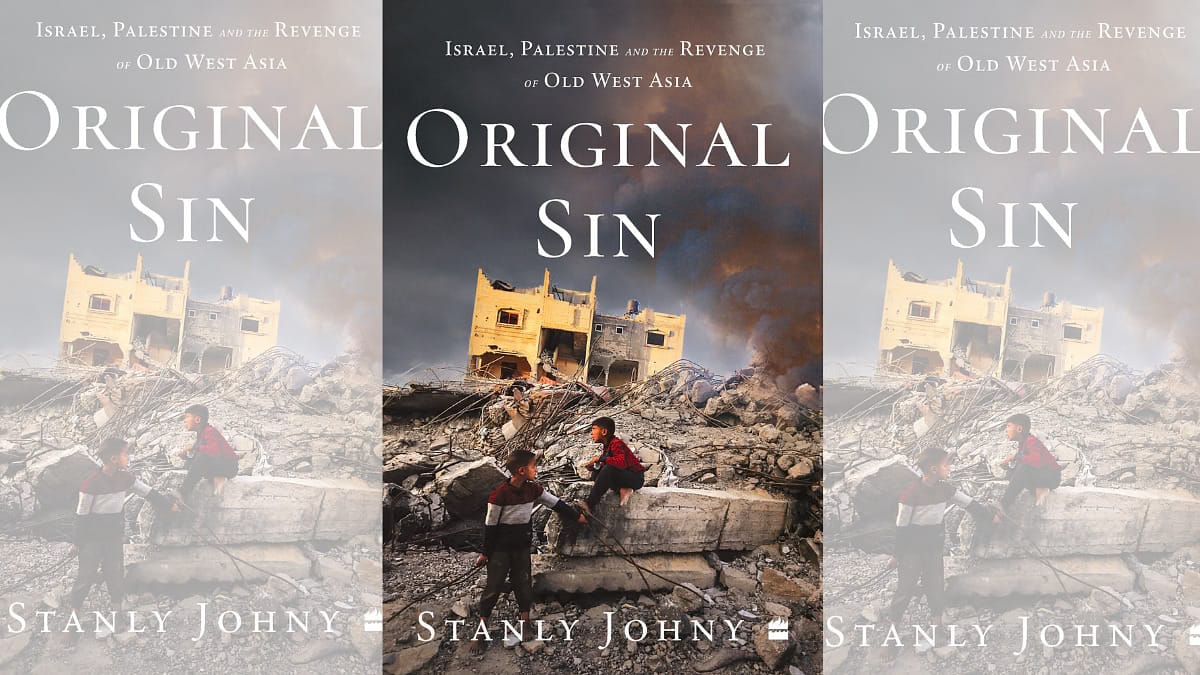The Convention on the Rights of Persons with Disabilities described disabled people as rights-holders even during war, not as charity recipients. Article 11 of the Convention acknowledges that armed conflict and humanitarian emergencies exacerbate vulnerabilities, rather than just creating new ones. The framework considers disability as a pre-existing social reality, making neglect during war as a failure of state responsibility. Despite this, implementation during prolonged wars remains weak, exposing the gap between legal recognition and lived reality.
Category: Authoritative Insights
Bondi Beach Massacre: A National Trauma and a Global Warning
A place known for sun, surf, and carefree Australian summers was forever marked this week. On the evening of December 14, 2025, families gathered at Sydney’s Bondi Beach to celebrate the first night of Hanukkah. Suddenly, gunfire shattered the peaceful evening. In a brutal attack, two gunmen opened fire on a crowd of nearly a thousand people, turning a celebration into one of Australia’s darkest moments. Authorities have declared this a terrorist incident inspired by the Islamic State. The attack killed sixteen people, including a ten-year-old girl and an 87-year-old Holocaust survivor, and injured over forty more. Beyond the shocking numbers lies a deep national trauma that raises urgent questions about domestic security, rising hatred, and Australia’s role in an unstable world.
Unhappy Leave: The Radical Idea that could Redefine Work-Life Balance in India
For decades, Indian employees have powered through stress, anxiety, and burnout under the weight of a culture that glorifies overwork. But a quiet revolution may be on the horizon, inspired by a daring experiment in China. Earlier this year, South China Morning Post reported that Pang Dong Lai, a retail company in Henan, introduced “Unhappy Leave”—10 days off per year, no explanations required, simply because employees didn’t feel happy enough to work. The news, also covered by Money control and Business Standard, sparked a global debate about the future of humane work policies.
Not Louder Ads, but Fresher Connections: The Matcha Effect is India’s New Branding Mantra
The production of matcha tea has historically represented a commitment to authenticity and meticulousness in Kyoto. In the crowded digital landscape of India, professionals are keenly searching for that ideal blend of innovation, energy, and trustworthiness. Every company is competing for a limited chance in the smartphone screen market, ranging from beauty brands to food delivery apps. Traditional marketing approaches often struggle to keep pace in this competitive landscape. Introducing the Matcha Effect Model, an innovative framework designed to transform conventional brand development tactics for today’s digital landscape.
Tariffs ≠ Collapse: India’s Trade Journey through Trump-Era Tariffs
When the “America First” trade policy was declared by U.S. President Donald Trump in his previous term, he framed it as a move to protect U.S. workers from what he labeled unfair foreign competition. India, even as a long-time U.S. ally, found itself squarely in the crosshairs. Trump claimed that India charged high tariffs on American products while gaining preferential entry into U.S. markets. Such a disparity, he said, required a corrective measure. The tariffs did not come as a blanket measure initially but were developed incrementally through a series of increments.
2+2=5, the Mathematical Fallacy Distorting Truth through Politics
In George Orwell’s 1984, “2 + 2 = 5” is used a metaphor of power over truth i.e., if the government regime says something is true, you’re forced to believe it. In this commentary, I will explore this simple arithmetic falsehood that is often used metaphorically to represent government propaganda, symbolising the manipulation of truth across different periods of modern history, including the World Wars and contemporary times. I will also interpret this fallacy in the context of the Kashmir’s Pahalgam terror attack by Pakistan-backed militants.
Book Review: “Does the Elephant Dance?”
Does the Elephant Dance? Contemporary Indian Foreign Policy is a study of Indian foreign policy and its evaluation on various parameters. The author of this book, David M. Malone, a diplomat, author, and former Rector (leader) of the United Nations University, has witnessed the firsthand development of Indian foreign policy and held discussions with the key decision-makers. Throughout ‘Does the Elephant Dance?’ Malone exercises this confluence of diplomatic and scholarly authority artfully, tracing the key tenets of Indian foreign policy from its independence, till 2011.
Original Sin: Israel, Palestine and the Revenge of Old West Asia
West Asia is crucial for its geostrategic location, energy security and homes for the oldest religions. Despite its importance, wars and conflict have been contentious affairs in the region. The conflict between Israel and Palestine for their homeland has been the centre of the regional countries’ domestic and foreign politics. Every event has stories of two sides: the one Western media, governments, and diplomats tell or write about, and the second one is what really happened during the events. The first sets the narrative according to their requirements, and the second one will bring people closer to the truth, where they are free to perceive or understand the events according to their observation.
Is Luxury Losing its Spark? Affordable Exclusivity to the Rescue
The global luxury industry, long reliant on the wealthiest clientele, is facing a critical crossroads. As prices soar, even the affluent are beginning to feel the pinch, particularly in key markets like China. Luxury brands, which have historically thrived on exclusivity and high margins, are now confronting the dual challenge of maintaining their elite status while appealing to a broader, more aspirational customer base. The question at the heart of the industry’s future: Can luxury remain exclusive without pricing itself out of the market?
Why Nuclear Weapons Remain the Privilege of the Few?
While a lot of countries associate the possession of nuclear weapons as a huge plus to their geopolitical power, there are still some that fear the consequences and stay within the protected boundaries of conservatism while going international. No matter how awed we can be when seeing nuclear missile tests or new launches happen, we still have a long way to go to see what constitutes hegemony very easily here and how only 9 countries in the world have gone nuclear so far. The problem with this distinction is, it is no longer dependent on resources or military strength, but rather a very calculative set of steps that go beyond what a simple human can imagine.









